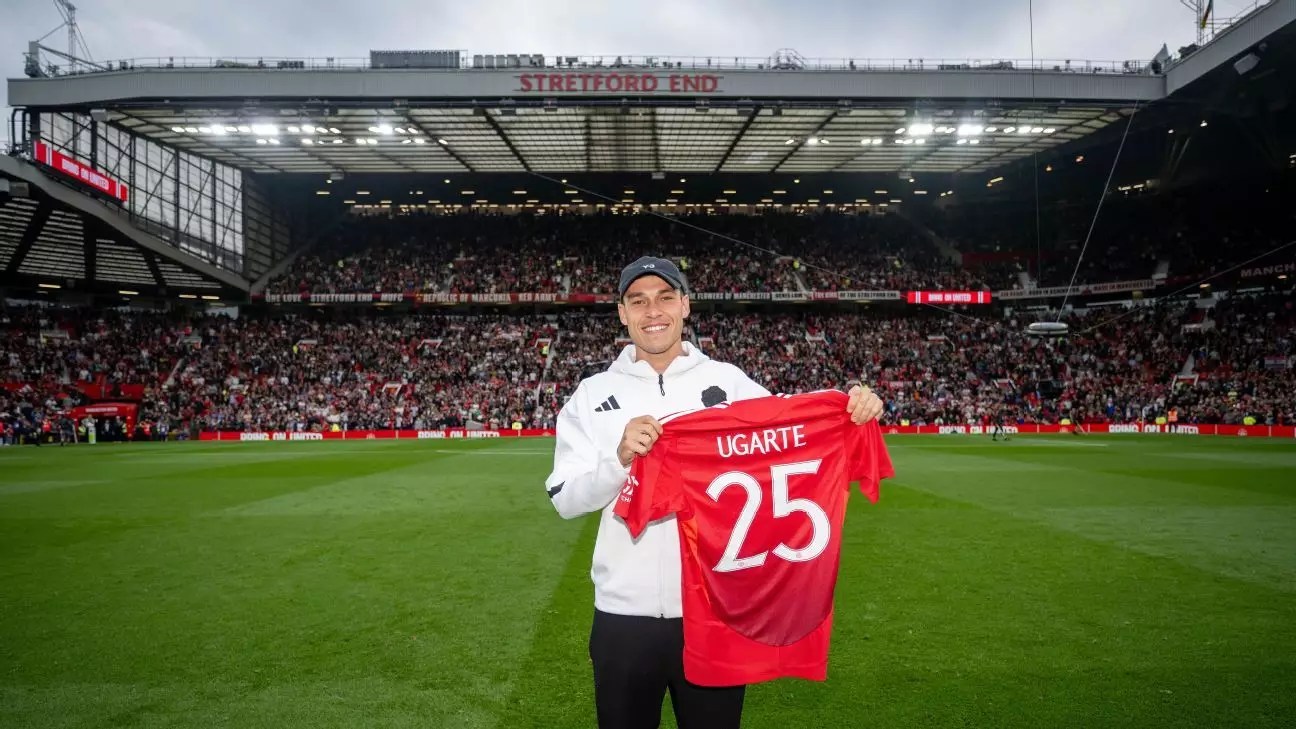As the summer of 2024 came to a close, the Premier League witnessed a significant decrease in net spending compared to previous years. According to Transfermarkt, the net spend for Premier League clubs this summer amounted to approximately £629.8 million, a stark decline from the £1.070 billion spent in 2023. This reduction in spending can be likened to a correction in the market, indicating that clubs have been overspending and are now facing the consequences.
The Growing Financial Strain
A recent analysis by football finance expert Swiss Ramble revealed alarming figures regarding the financial health of Premier League clubs. Operating losses more than tripled from £413m in 2018-19 to £1.338bn in 2022-23, prompting owners to inject funds into their clubs to keep them afloat. The record-breaking £1.1bn of owner funding in 2022-23 highlighted the growing financial strain faced by clubs in the league.
In the realm of business investment, there are typically three primary motivations: passion, profitability, and future value. While some owners may be willing to sustain losses due to their love for the club or long-term vision, the current financial landscape of the Premier League is far from profitable. The hope of future valuation and lucrative deals has also begun to diminish, leading clubs to prioritize sustainability over extravagant spending.
Rethinking Revenue Sources
As clubs grapple with dwindling resources, the focus has shifted towards maximizing revenue streams. Matchday receipts, broadcast revenue, and commercial revenue are the primary sources of income for football clubs. However, with matchday revenue reaching a saturation point and broadcast deals plateauing, clubs are exploring new avenues for commercial partnerships to offset rising player wages.
To achieve financial stability, clubs are implementing strategic measures to reduce costs and increase revenue. By offloading high-wage players and investing in young talent with resale value, clubs are striving to balance their budgets and avoid excessive losses. The shift towards data-driven decision-making has revolutionized player recruitment, emphasizing long-term value over short-term gains.
Embracing Financial Realities
While the landscape of Premier League football undergoes a financial transformation, clubs are adapting to the new reality of constrained spending and increased scrutiny on financial sustainability. By making prudent financial decisions and focusing on long-term growth, clubs are positioning themselves for a more stable and prosperous future in the ever-evolving world of football finance.


Leave a Reply